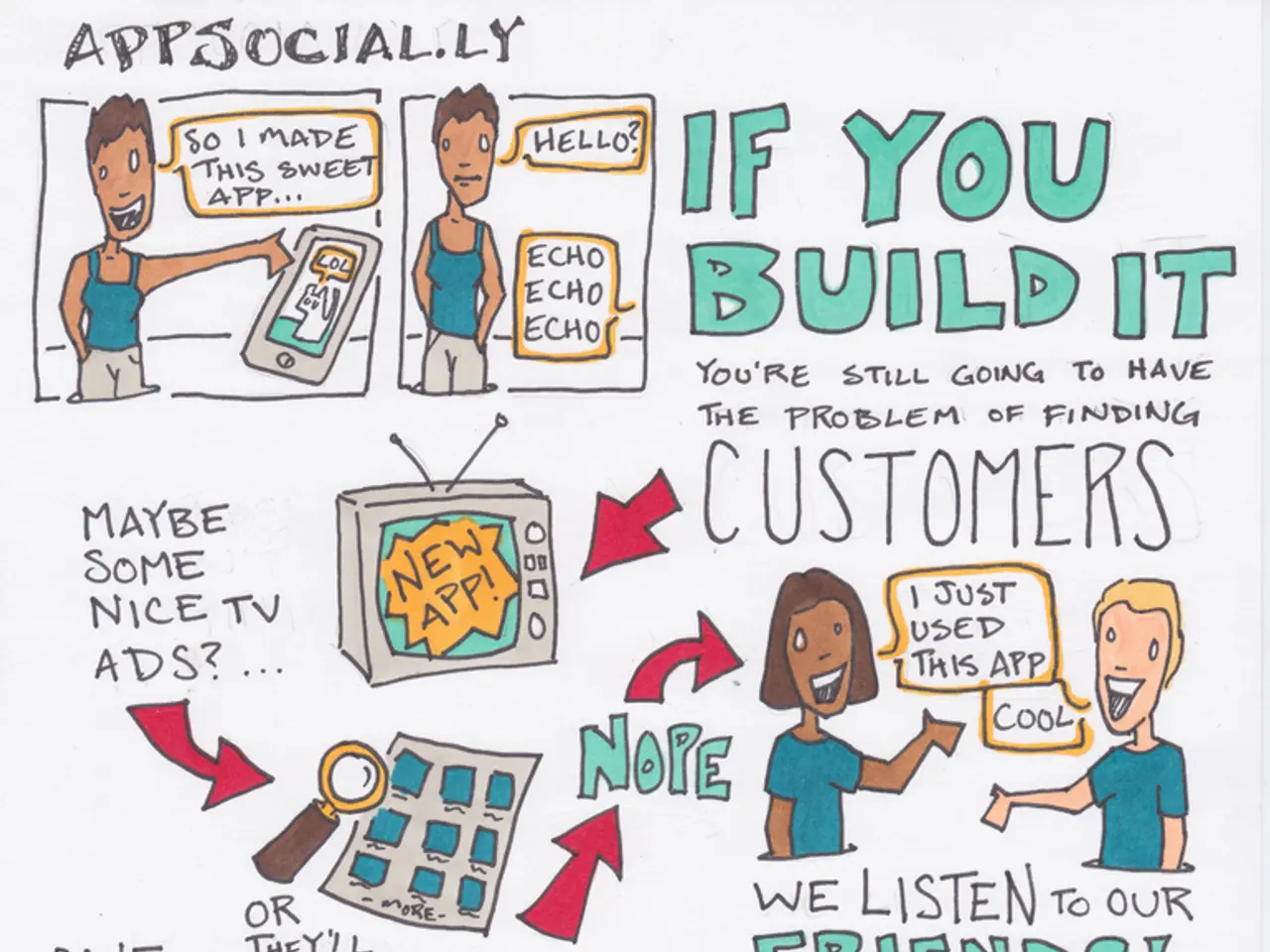The Significance of Audio Description in Film and TV Translation
In the rapidly evolving world of entertainment, audio description (AD) is gaining momentum as a crucial accessibility feature. AI-driven tools are revolutionizing the industry, making AD services more efficient and cost-effective.
The future of film and TV localization is centred around accessibility, with the integration of AD becoming a default industry standard. Streaming giants like Netflix and Amazon Prime Video are leading this charge, with Netflix reporting a 40% growth in content with AD in recent years. Netflix offers AD in multiple languages and allows users to customize their settings, ensuring a personalized viewing experience for all.
Amazon Prime Video implements AD in select content, with an increasing number of localized AD tracks. The BBC, too, has over 20% of its content featuring AD, demonstrating a commitment to accessibility.
Streaming platforms are not the only ones embracing AD. Companies like Disney and Apple TV+ are also providing audio-described films and shows in multiple languages for global viewers. Apple TV+, in particular, stands out as one of the most accessible platforms for international audiences, with AD in over 20 languages.
Marvel Studios is another notable name integrating AD movie tracks in cinemas and streaming platforms. The demand for AD is rising, and content creators must adapt by incorporating AD into their translation and localization services.
AI-enhanced AD tools are making it easier for smaller studios and translation services to implement accessibility features. These tools, such as NVIDIA's Riva Magpie Text-to-Speech system, offer multilingual, natural-sounding custom voices suitable for personalized and brand-specific audio content. Other AI voice generator tools focus on natural voice synthesis with multi-language support, but NVIDIA stands out for its enterprise-grade customizable speech and translation workflows, which are particularly important in localization contexts.
Enhancing storytelling for visually impaired viewers is crucial, as missing out on visual storytelling elements can be frustrating. YouTube's AI-generated captions are now extending into AD for the blind, bridging this gap.
By implementing AD, studios can expand their audience base, comply with legal accessibility requirements, improve user experience and engagement, and strengthen their reputation as inclusive content providers. Audio description, along with closed captions, ensures that individuals with hearing or visual impairments can enjoy the same media experience.
One of the most notable examples of AD implementation is the hit series, Squid Game, which included AD examples in English, Spanish, and other languages. As the industry continues to prioritize accessibility, we can expect to see more shows following in its footsteps.
VerboLabs offers professional solutions for subtitling and localization services with AD, further facilitating this shift towards inclusivity. The rise of AD is not just a trend; it's a step towards a more inclusive entertainment industry, one that caters to the needs of all its viewers.
With over 285 million visually impaired people worldwide, the need for AD is more pressing than ever. The entertainment industry has a unique opportunity to make a significant impact on these individuals' lives by ensuring their inclusion in the stories we tell.







